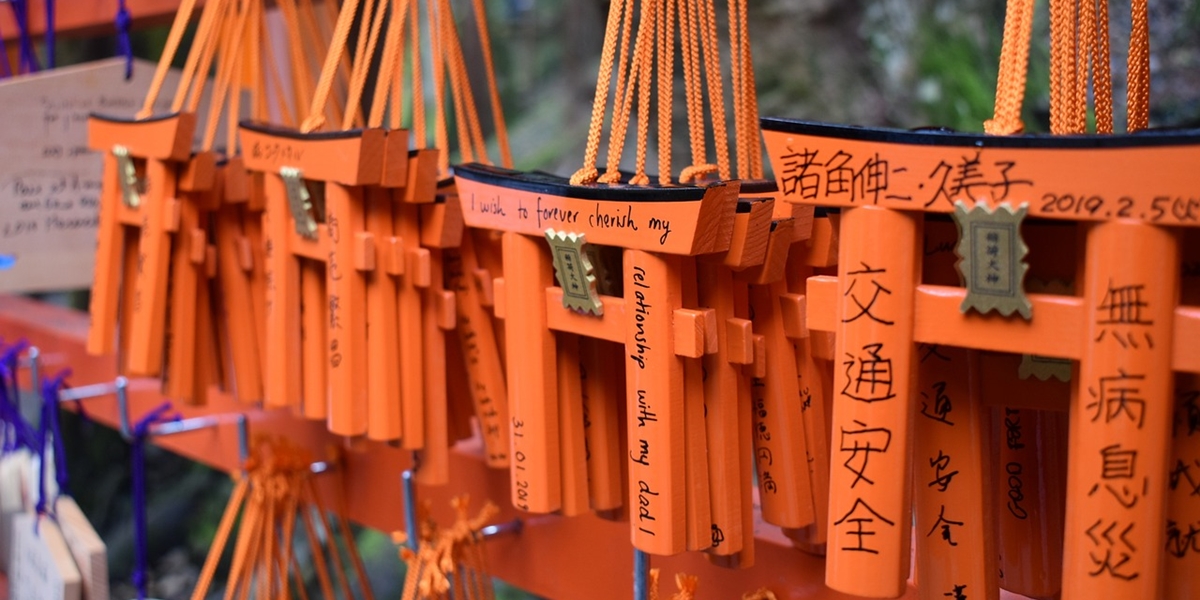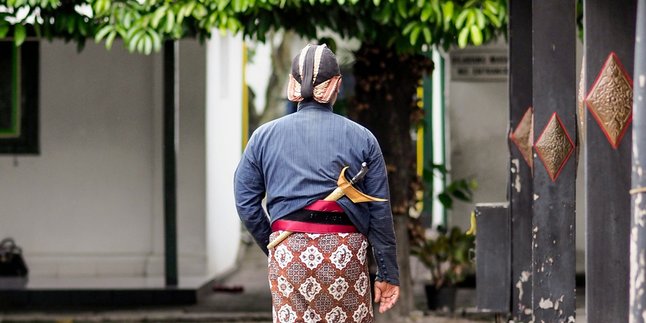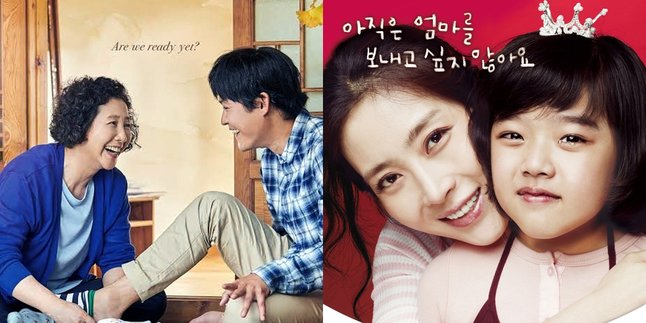Kapanlagi.com - Wise words in Japanese are often conveyed in the form of ancient proverbs that contain deep meanings. These proverbs, also known as "Kotowaza", are a reflection of the wisdom of ancestors that remains relevant to this day.
Through this article, Kapanlagi will provide various kotowaza along with their explanations. This will also provide a deep understanding of the values, traditions, and philosophies contained in these wise words in Japanese.
From advice about patience to wisdom in facing difficulties, each kotowaza holds valuable lessons that can be applied in everyday life. It becomes a new knowledge for those who are interested in Japanese culture.
Now, for those who are curious, here are wise words in Japanese in the form of ancient proverbs that you can learn, along with their explanations. Let's check it out, KLovers.
1. What is Pribahasa in Japanese?
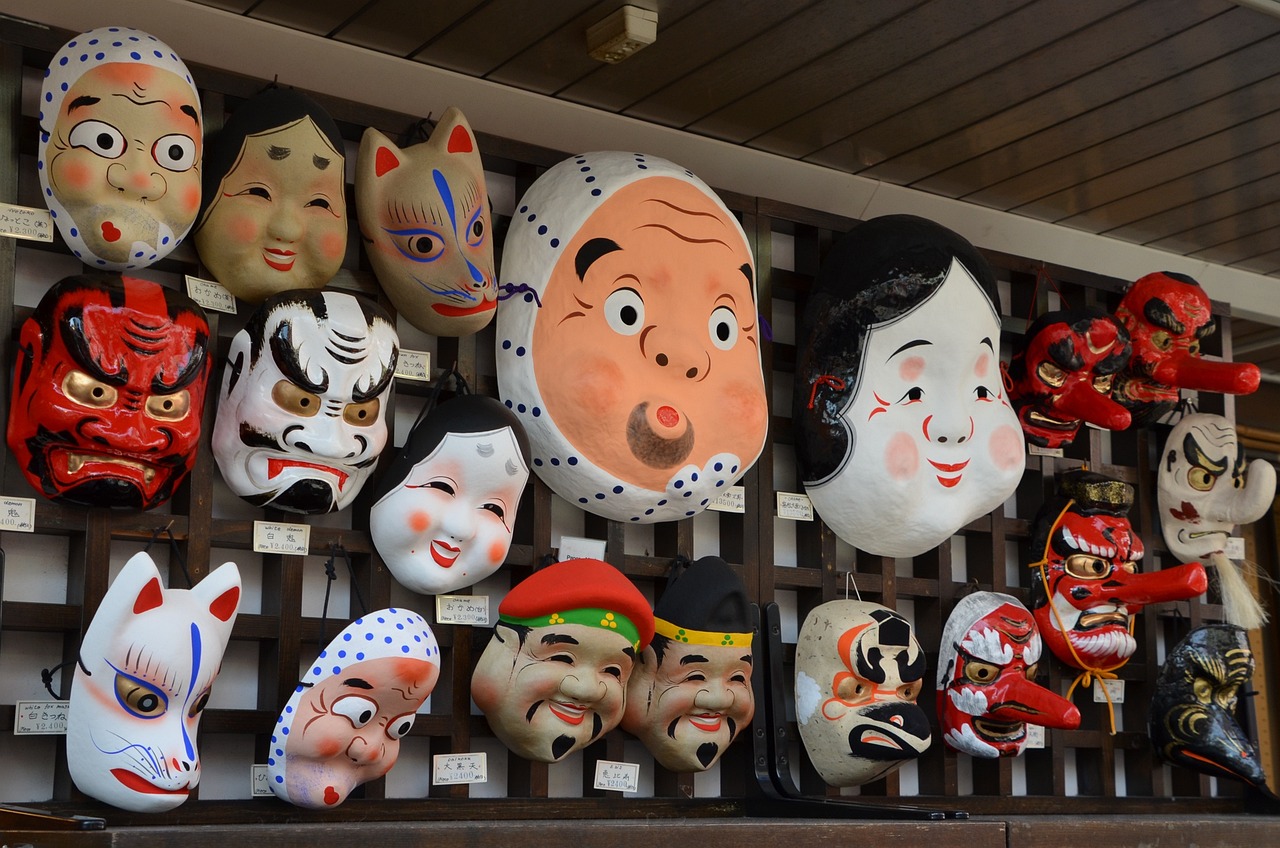
Illustration (credit: pixabay.com)
Wise words or proverbs in Japanese culture are called "Kotowaza" or "Seikatsu no Tadashisa", which means the truth of life or wisdom of life. Kotowaza itself refers to wise words in Japanese or proverbs in Japanese that contain wisdom and advice from generation to generation.
These proverbs are often inherited as part of Japanese culture, conveying valuable values and life experiences. On the other hand, "Seikatsu no Tadashisa" is wise words in Japanese that depict the truth of life or wisdom in various aspects of daily life.
It includes social norms, ethics, morality, and wise ways of living taught by parents or wise figures in society. Both reflect local wisdom and rich culture in facing various life situations and can be wise advice for life.
2. Japanese Wise Words
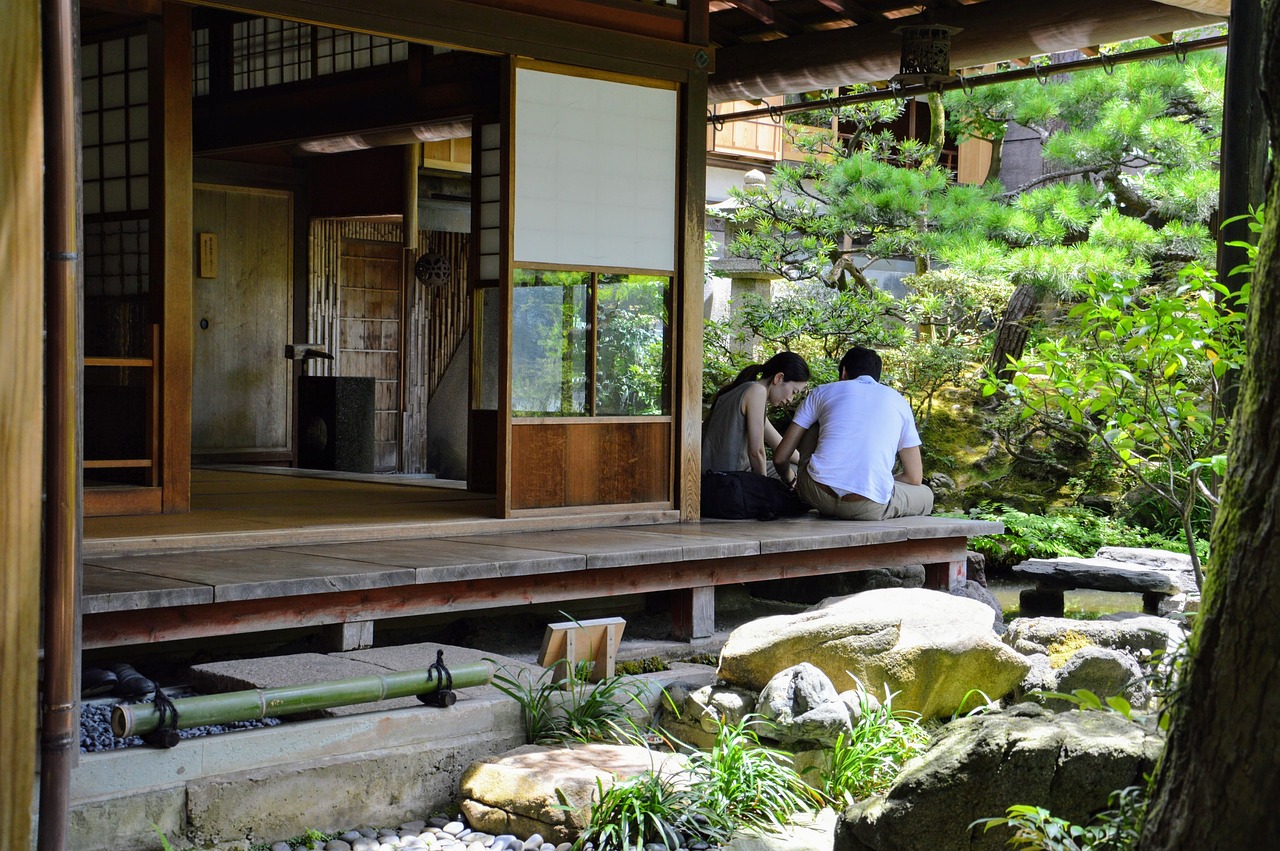
Illustration (credit: pixabay.com)
Well, after knowing what proverbs are in Japanese, you can find out what wise words in Japanese are. Wise words in Japanese, or "Kotowaza", are precious heritage that holds the wisdom of ancestors that are still valued today. And here are some wise words in Japanese:
1. "Ichigo ichie" - (One opportunity, one meeting)
Meaning: Every meeting is something valuable and will not be repeated.
2. "Kodo wa kotoba yori mo kachi ga aru" - (Actions speak louder than words)
Meaning: Actions show more than words.
3. "Jigo jitoku" - (The result of one's own actions)
Meaning: Someone will reap the results of what they have done.
4. "Toki wa kin nari" - (Time is gold)
Meaning: Use time wisely.
5. "Koketsu ni irazunba koji o ezu" - (If you don't enter the tiger's den, you won't catch its cub)
Meaning: There is no success without risk.
6. "Junin toiro" - (Ten people, ten colors)
Meaning: Everyone is unique with different views and beliefs.
7. "Narau yori narero" - (It is better to get used to it than to learn)
Meaning: Experience teaches more than theory.
8. "Sente hissho" - (The one who acts first will win)
Meaning: Intend to take the initiative in everything.
9. "Gyoshin areba suishin" - (If you have a fish heart, you will get a water response)
Meaning: It means you must have loyalty to others to receive the same loyalty from them.
10. "Bajitoho" - (Like water passing through a horse's ear)
Meaning: It means someone ignores advice or warnings.
11. "Kikai wa mizukara tsukurumono" - (Opportunities are created by oneself)
Meaning: Don't wait for opportunities to come, but create them yourself.
12. "Hana yori dango" - (A dumpling is better than a flower)
Meaning: It shows that practical value is more important than beautiful but useless things.
13. "Ningen banji saio ga uma" - (Everything in human life is like random luck or misfortune)
Meaning: Because destiny is often unpredictable.
14. "Anzuru yori umu ga yasashi" - (It is better to give birth than to worry)
Meaning: Action is better than worry.
15. "Iro yori mo kokoro" - (The heart is more important than appearance)
Meaning: Emphasizing on a person's internal qualities.
16. "Tadeku mushi mo sukizuki" - (Everyone has their own preferences)
Meaning: People's tastes and desires differ.
17. "Ishi no ue ni mo san nen" - (Even on a stone, grass will grow)
Meaning: With patience, anything is possible.
18. "Kokai saki ni tatazu" - (Don't regret after it's too late)
Meaning: Avoid regret by making the right decisions in a timely manner.
19. "Hyakubun wa ikken ni shikazu" - (Hearing a hundred times is not the same as seeing once)
Meaning: Direct experience is far more valuable than just hearing stories.
20. "Isshaku ni cho" - (One stone, two birds)
Meaning: It shows the double benefits of one action.
21. "Ichigo ichie" (one opportunity, one meeting)
Meaning: Teaches the importance of appreciating every moment because no meeting is exactly the same.
22. "Kujaku no koe" (Literally "peacock's voice")
Meaning: Used to describe something that never happens or is very rare.
23. "Kodoku no bannin" (guardian of solitude)
Meaning: Indicates someone who keeps themselves from loneliness.
24. "Kibou wa itsumo hitotsu" (hope is always one)
Meaning: Reminds that focusing on one hope can bring success.
Those are some wise words in Japanese that can be known. In simplicity, there is wisdom that transcends time, teaching us to appreciate small moments in life. May each proverb inspire your spiritual journey.
(kpl/dhm)
Disclaimer: This translation from Bahasa Indonesia to English has been generated by Artificial Intelligence.
